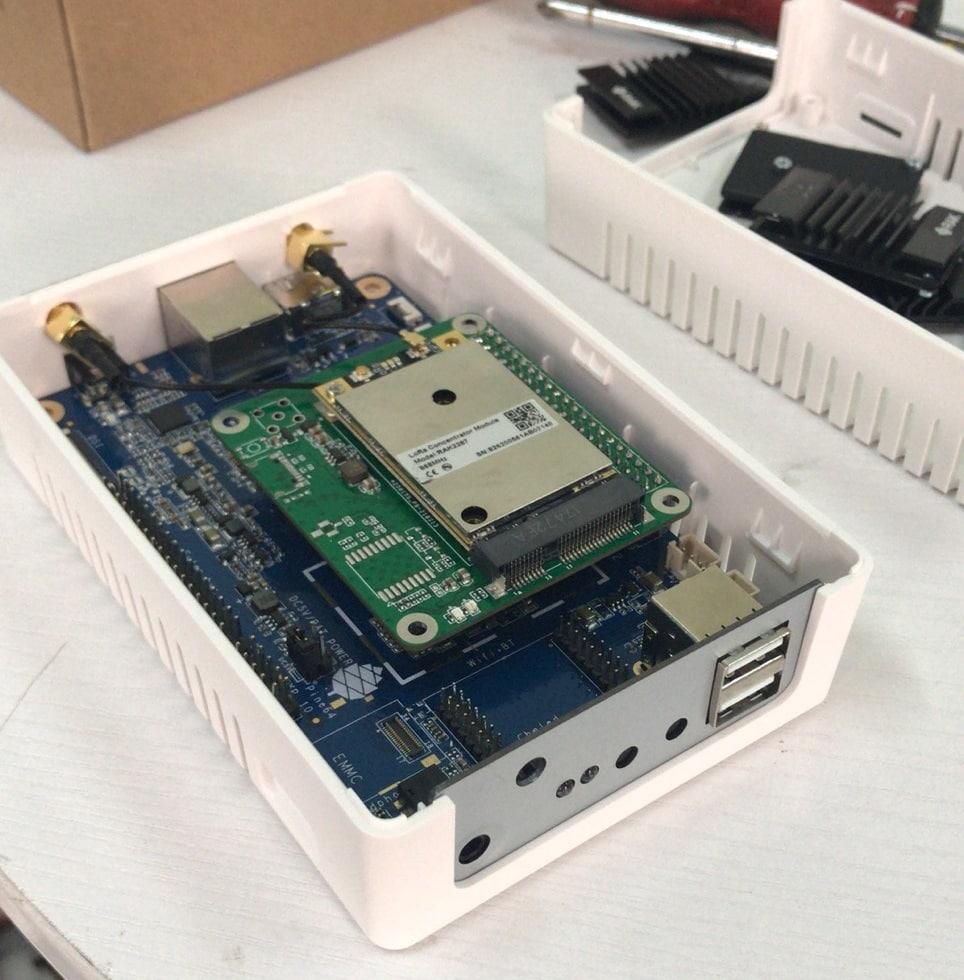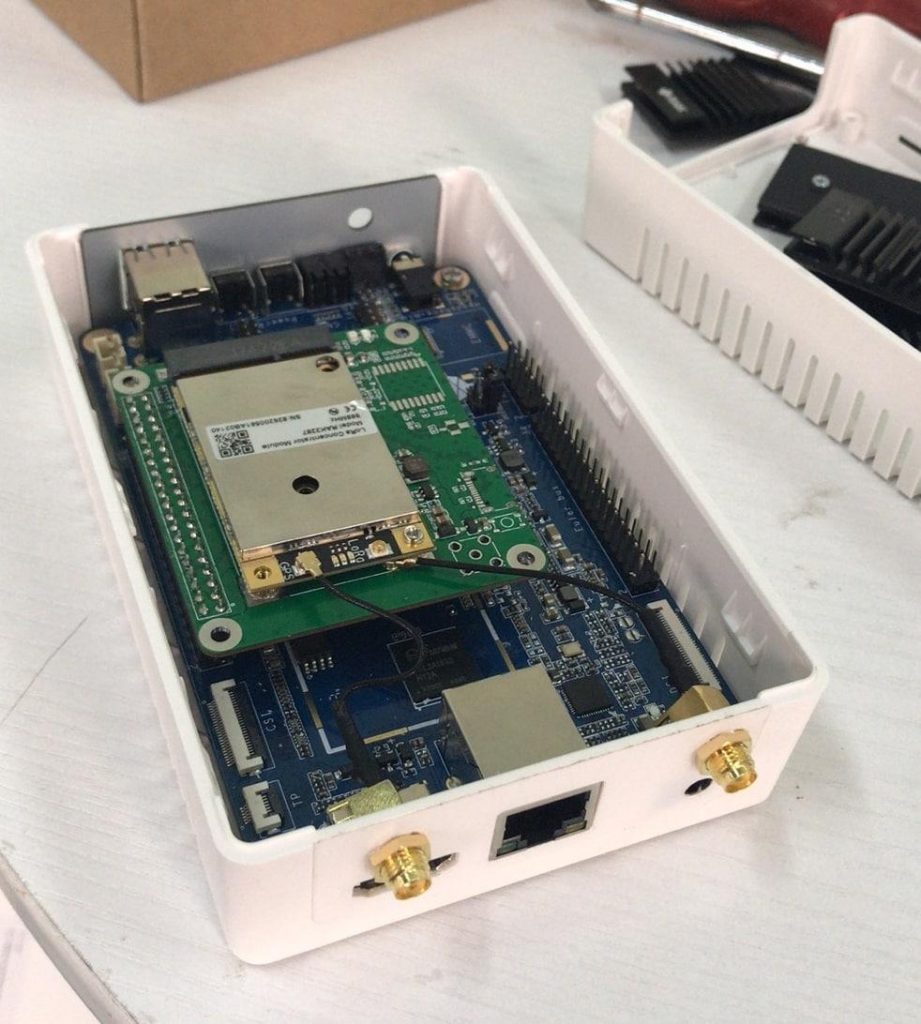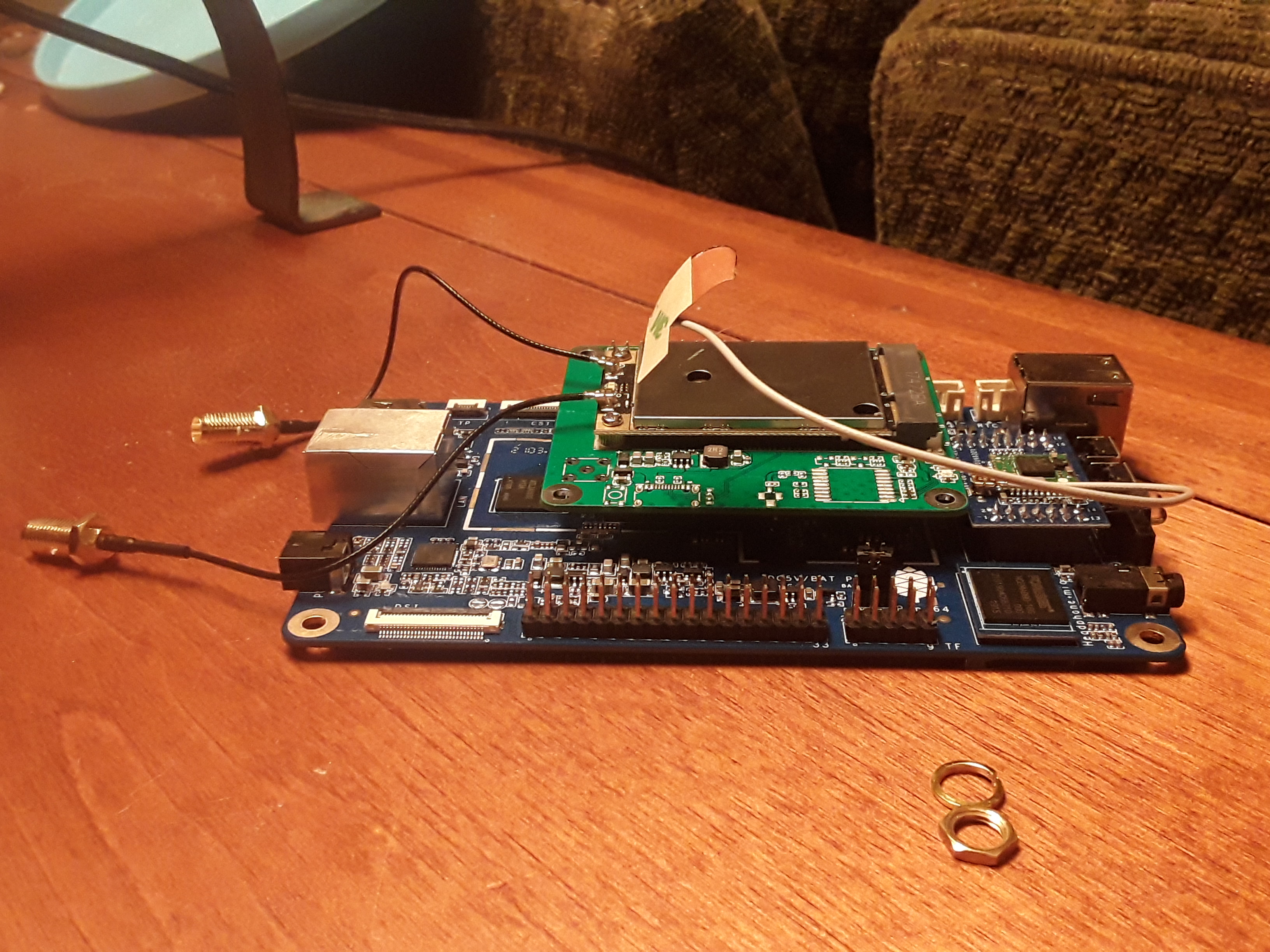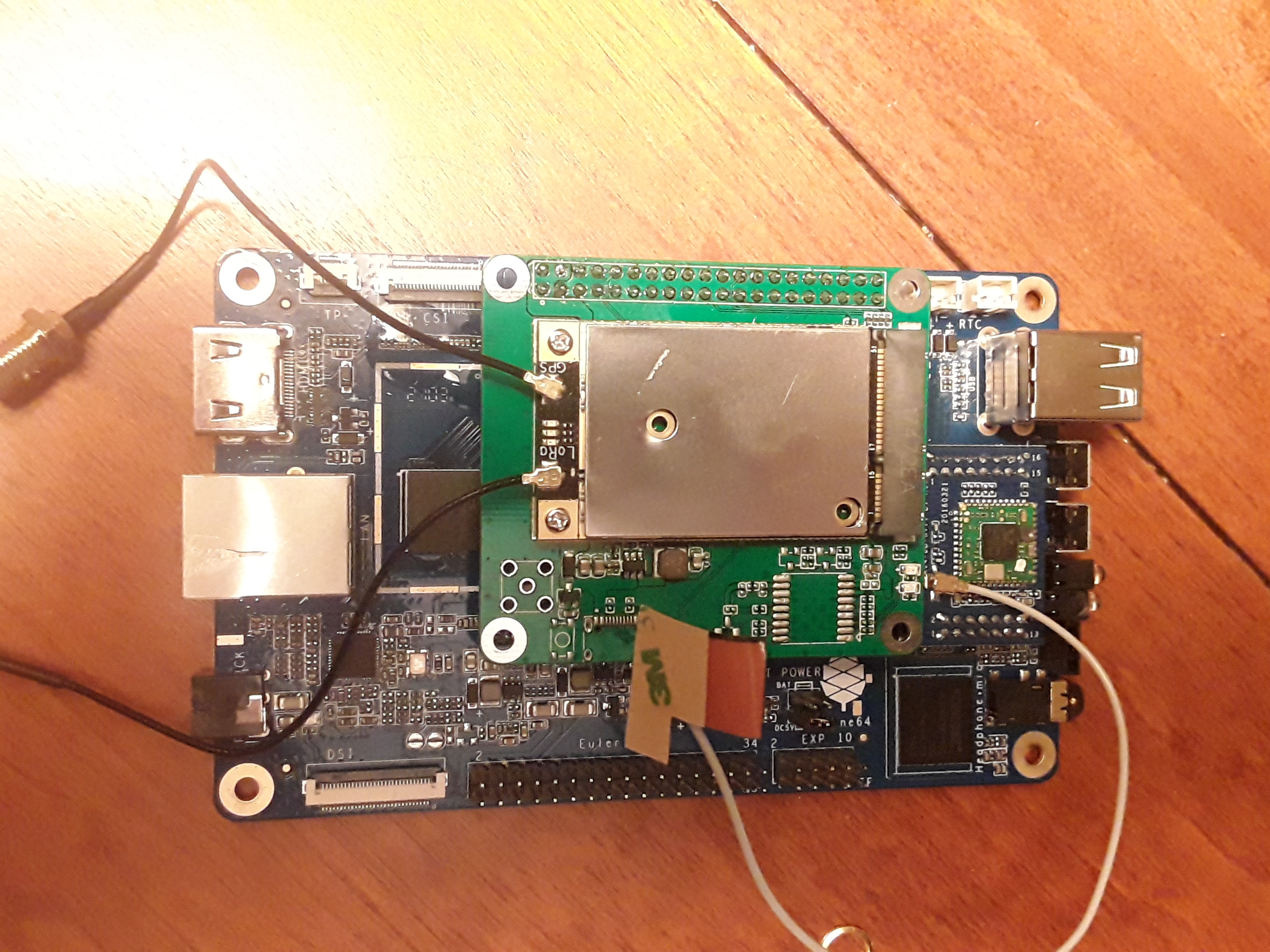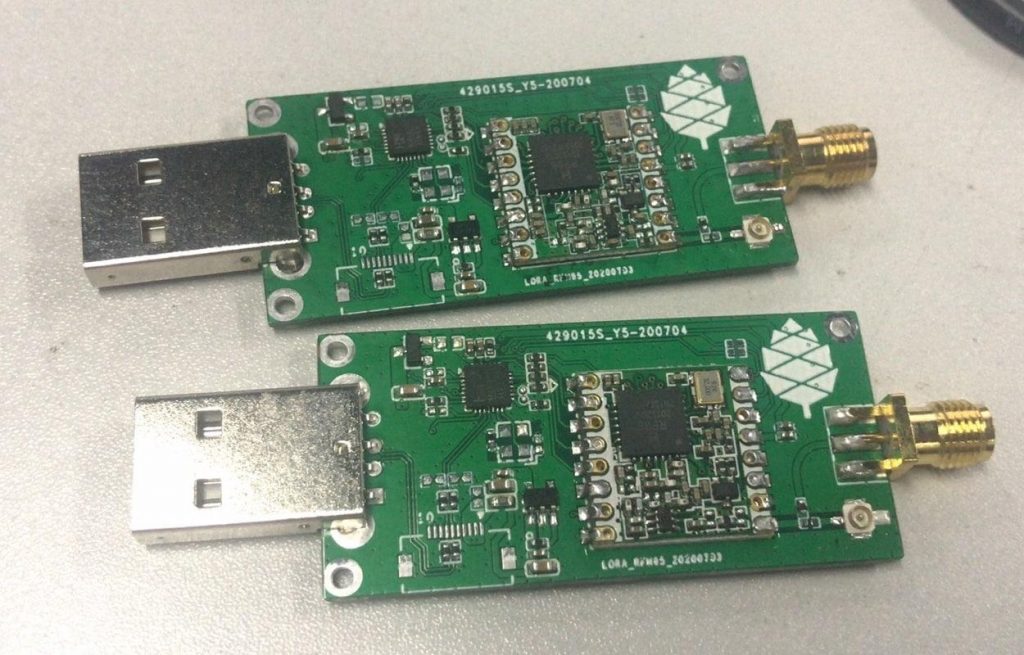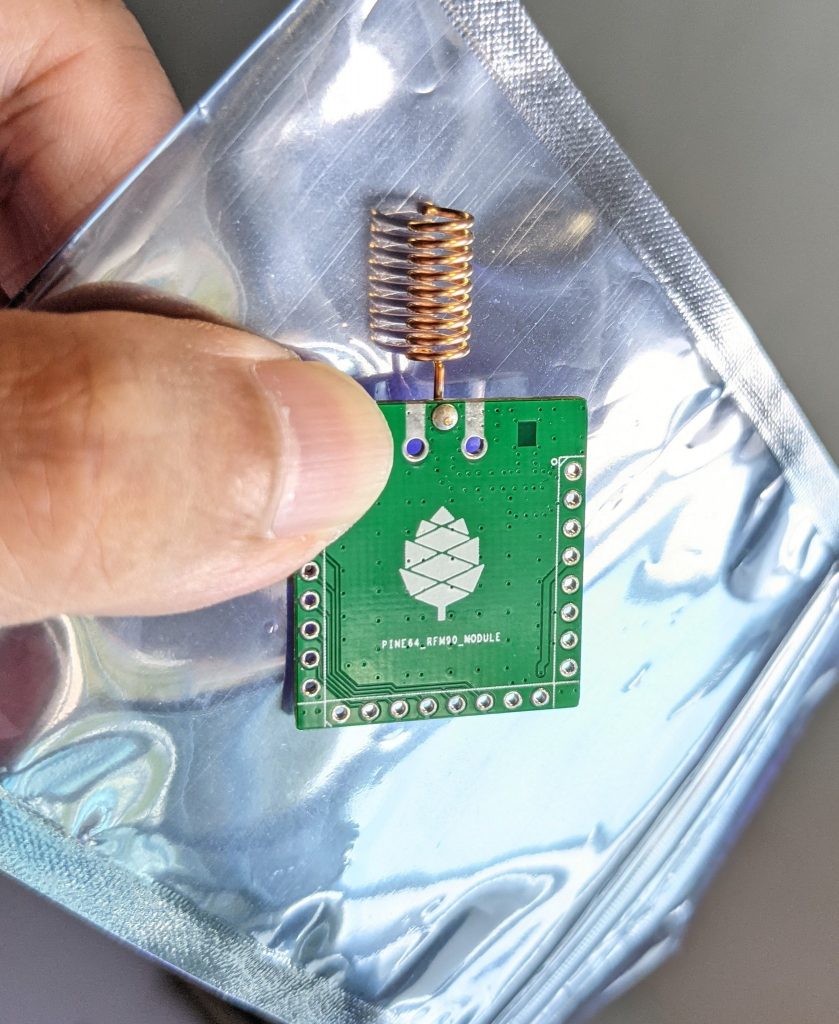Difference between revisions of "Pinedio"
(→Datasheets and schematics: Add USB Lora Adapter schematic) |
|||
| Line 81: | Line 81: | ||
* [[File:CA-S01_LoRa_Chip_Antenna_in_Chinese.pdf]] | * [[File:CA-S01_LoRa_Chip_Antenna_in_Chinese.pdf]] | ||
* [https://github.com/zschroeder6212/tiny-i2c-spi I2C SPI Bridge code running on ATtiny84] | * [https://github.com/zschroeder6212/tiny-i2c-spi I2C SPI Bridge code running on ATtiny84] | ||
=== USB LoRa adapter === | |||
* [[File:USB_LoRa_adapter-PINE64_RFM90_SCH_2021_04_26.pdf]] | |||
== Other resources == | == Other resources == | ||
* [https://www.youtube.com/watch?v=cJ0wpANpbyc Video: A peek at Pine64's LoRa gateway and modules] | * [https://www.youtube.com/watch?v=cJ0wpANpbyc Video: A peek at Pine64's LoRa gateway and modules] | ||
* [https://iotw.io/ IOTW - Blockchain-Enabled IoT Data Platform] | * [https://iotw.io/ IOTW - Blockchain-Enabled IoT Data Platform] | ||
Revision as of 10:14, 18 May 2021
LoRa is a long range, low power wireless platform that is being used by a lot of Internet of Things (IoT) products. Using LoRa and LoRaWAN, devices can communicate across the world using the internet, using various decentralised networks such as The Things Network or Helium. Since, PINE64 believes in openness, the LoRa gateway can connect to any network, per the developer implementation. If Helium Spots open up for PINE64 gateway and developers have implemented the hook for Helium, then this is good thing. The PINE64 LoRa gateway also open connect to The Things Network if developers implement support. The choice is yours!
Gateway
The gateway will be available in two variants - indoor and outdoor. All that is known about the outdoor unit is that it will have "an aluminum, rugged and water resistant case". The indoor unit consists of a PINE A64-LTS, fitted with a purpose built hat (adapter) which uses a LoRa module by RakWireless. The chipset used is the SX1302, and the module via the SPI interface. There are two external connections on the enclosure for the GPS and loRa antenna.
Connections
- GPS is connected to UART2 on the A64 board
- SX1302 on SPI0
| RAK2287 module | PI-2 connector | PINE A64-LTS |
| SX1302 SPI | Pin 19 = MOSI / PC0 Pin 21 = MISO/PC1 Pin23 = CLK/PC2 Pin24 = CS/PC3 |
SPI0 (/dev/spidev0.0) |
| SX1302 RESET | Pin 11 = GPIO17/PC7 | GPIO71 (/sys/class/gpio/gpio71) |
| GPS UART | Pin 8 = TX/ Pin 10 = RX |
UART2 (/dev/ttyS2) |
| GPS RESET | Pin 33 = GPIO13/PC5 | GPIO69 (/sys/class/gpio/gpio69) |
| GPS Standby | Pin 35 = GPIO19/PC9 | GPIO73 (/sys/class/gpio/gpio73) |
Pictures
Armbian image for gateway
Gateway is based on the pine64 A64-LTS, and the current Armbian_21.02.3 sopine image has a broken DTS. The fault and fix was identified by user dippywood on the Armbian forums in this thread, and until a new version is released, patched versions are available here (576MB gz) and here (278MB xz).
End nodes
There are several end-node units planned:
- loRa back case for the PinePhone
- standalone USB dongle-type end-node adapter
- PineTab adapter
- as well as a SPI module (which can also be configured as a USB LoRa dongle)
- a LoRa stick powered by a single 18650 battery (using the BL602, and can be fitted with GPS, an low-power OLED panel and additional sensors)
All the end-nodes use the SX1262 chip.
Pictures
Datasheets and schematics
Gateway
- SX1302 datasheets and resources
- RAK2287 datasheets and resources
- Pine64 LoRa Gateway module adapter schematic
End nodes
Pinephone backplate
- File:Pinephone LoRa BackPanel Schematic-v1.0-20210402.pdf
- File:CA-S01 LoRa Chip Antenna in Chinese.pdf
- I2C SPI Bridge code running on ATtiny84
